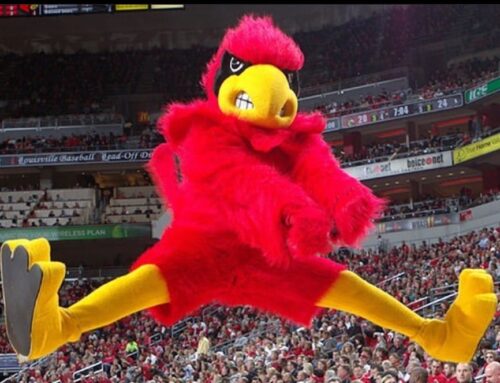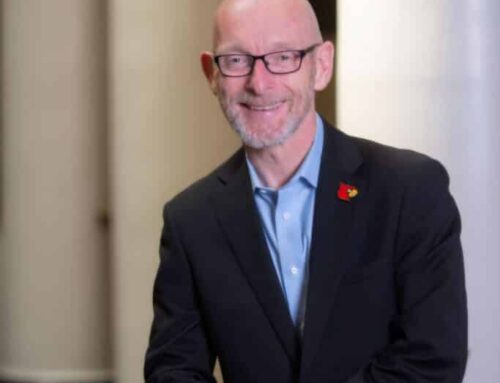By Jordan Geisler —
The University of Louisville’s Astronomy department welcomed astronomer Robert Williams to the Rauch Planetarium Oct. 31 as part of the Bullitt Lecture Series.
The annual fall lecture series brings in celebrated scientists to enlighten the U of L community on happenings within our universe. Students from all fields of study are welcome to every installment of the lecture series at no charge.
Williams is a professor at the University of California, Santa Cruz and is a former director of the space telescope institute. He spoke at the planetarium about the beginning of the Hubble space telescope and how it has evolved over time.
The telescope, which he said cost approximately two billion dollars (courtesy of taxpayers), is the most expensive science project the United States has had. The telescope has needed five servicing missions for maintenance since its launch in 1990.
Williams said the telescope needed repair shortly after being launched, but the cost to move it would be too much, meaning astronauts would have to perform maintenance in space.
“Of all the sciences,” Williams said, “astronomy is the only one where you can look into the past. It’s always important to know what preceded the state that you’re studying.”
He said that whenever we look at the sky, we’re seeing how it was in the past.
He also talked about the expanding universe. “The universe is in a state of uniform expansion,” Williams said. This expansion is due to an unknown source of dark energy in the universe which is counteracting gravity.
“The galaxies themselves don’t move, but the space between the galaxies is expanding in a uniform manner,” he said.
Williams then discussed Einstein’s theory of relativity. “He demonstrated that light could be bended by mass,” he said. He showed photos taken with the Hubble telescope to demonstrate the concept, and the concept could be seen as arcs of light.
“I had no idea about the problems with the Hubble space telescope mission in its beginning and how they had to go into space to fix it,” astronomy major Courtney Bolt said.
After hearing Williams lecture, Bolt became intrigued about the future of the Hubble telescope. “I’m sure they’re going to build a stronger telescope and we’re going to be able to keep seeing more.”
Regardless of if we create a new telescope or not, things will surely continue to change within the universe and the Bullitt Lecture Series will help keep us all up to date on all things out of this world.
Graphic by Alexis Simon // The Louisville Cardinal





